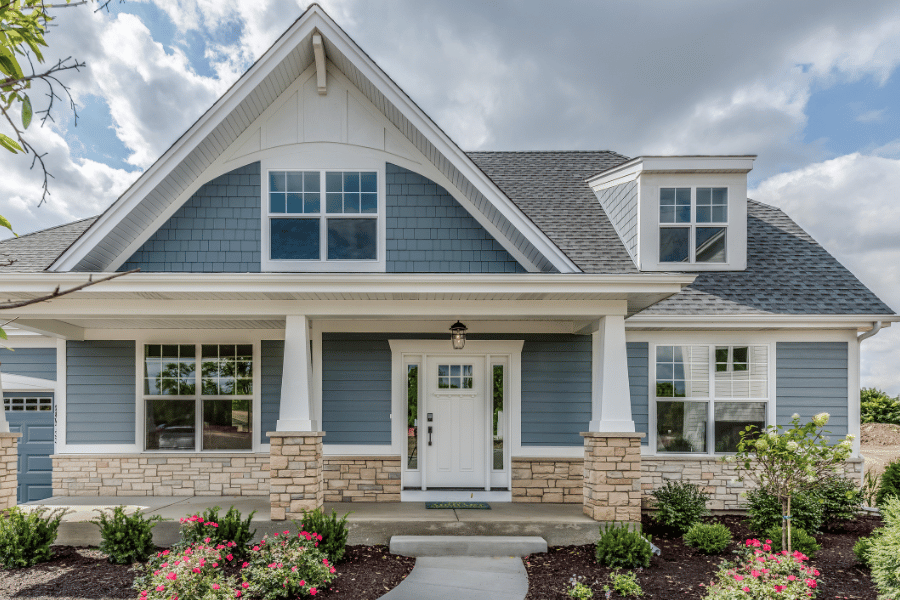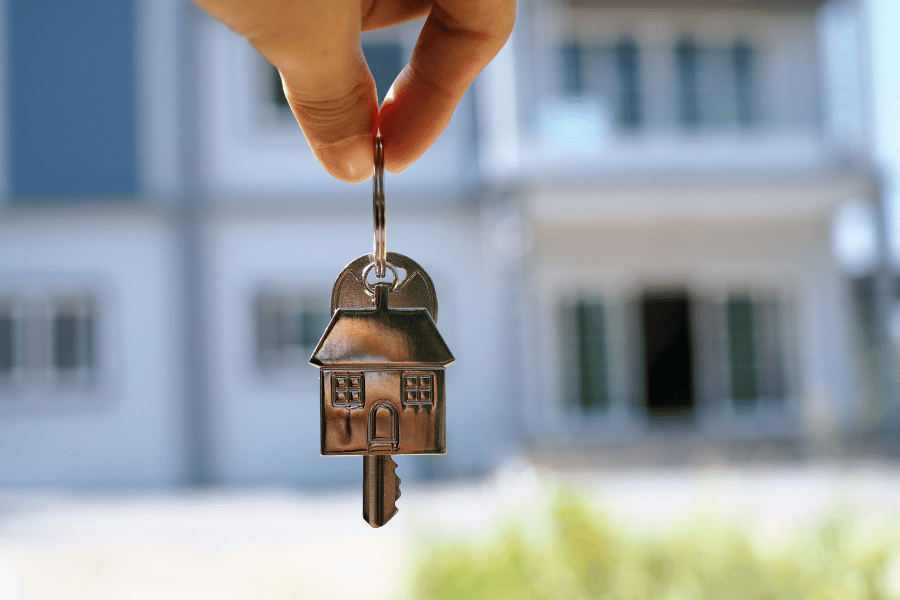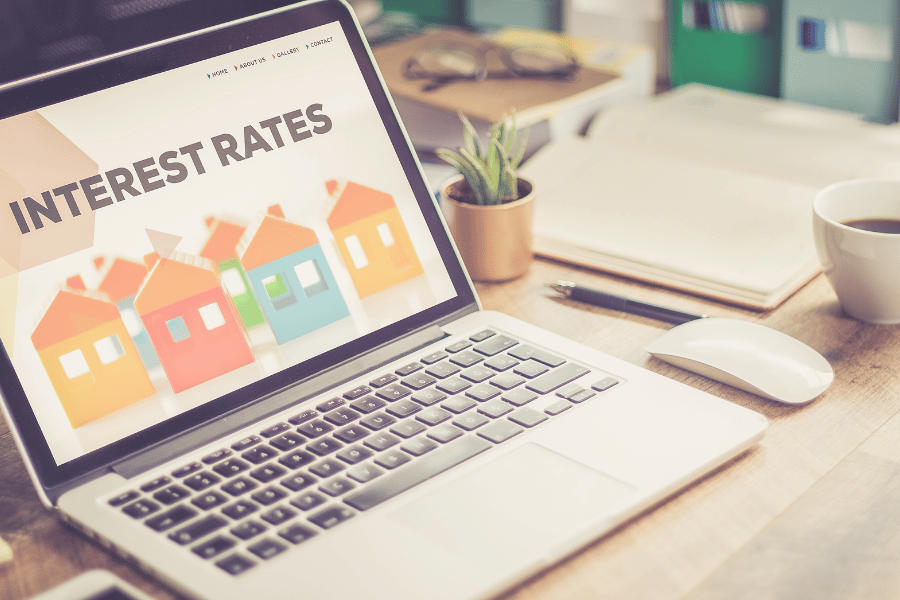Understanding Home Equity: What is it and How Can it Be Used?
Home equity is extremely important for homeowners who may need it to back a home equity loan or a home equity line of credit. Here is everything you need to know about home equity and how to use it.
Home equity can be a difficult concept to understand for first-time home buyers or experienced home buyers. Essentially, home equity is the difference between the value of a home and the amount still owed on a mortgage. The home equity is the portion of the home that has been paid off, which can be used as an asset to finance other needs.
Many homeowners use a home equity loan for several different purposes. If you are considering a home equity loan, you need to understand how it works and what it can do for you.
The good thing is that there is no wrong or right way to use your home equity home. It is your home, and you have earned the right to use it the way you want. Although, keep in mind that it is still a loan that you must pay back with interest.
Before obtaining a home equity loan, it's important to understand how much you'll be paying per month and whether the reason for tapping into your home equity justifies the interest you'll pay. Here is everything you need to know about how to use home equity to reach your financial and personal goals.
Keep reading to learn all about home equity and how it can be used.
1. What is Home Equity?
A home equity loan uses the equity you have in your home. Home equity is the difference between your home's current market value and what you owe on your mortgage, which is used as collateral for the loan. A home equity loan is also referred to as a second mortgage.
Similar to a regular mortgage, this loan is distributed in one lump sum that you will pay back in equal monthly increments over a fixed term. This fixed term can be anywhere from 5 to 30 years with a fixed interest rate.
Typically, closing costs on your home equity loan will range from 2% to 5% of the loan amount. However, this does vary depending on the lender because some lenders may not charge any closing costs or fees.
A home equity loan can be flexible in ways to use the loan and can earn you a possible tax break on interest paid. The fixed interest rates are unchanging throughout the loan term. Fixed rates will allow you to set up the perfect budget to afford the payments throughout the term of the loan.
Additionally, the interest rates are typically much lower than with other types of loans because these loans are secured. Since your house is used as collateral, the potential risk to lenders is lower.
A lender will assess your equity, credit score, and debt-to-income ratio to determine whether you can get a home equity loan. The lenders use a loan-to-value ratio (LTV) to gauge how much money a homeowner can qualify for.
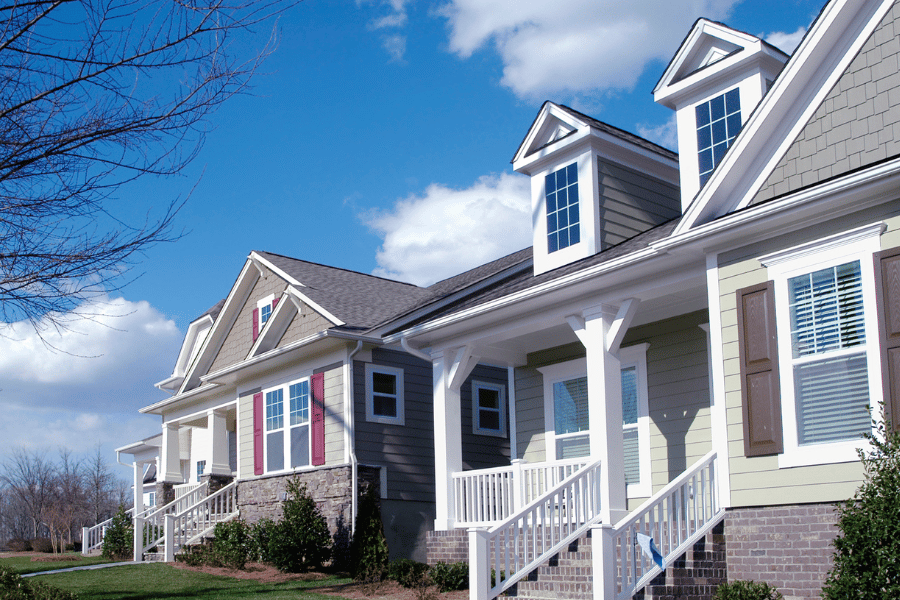
2. Consolidating Debt
Debt consolidation is one of the most popular reasons homeowners obtain home equity loans. Consolidating debt means using a loan to pay off your existing debts. This can mean paying off the balances yourself or allowing your lender to disburse funds directly to the creditors.
Many people use home equity loans to pay off another debt because they can simplify bill payments by combining all their debts into one loan. You'll only have one loan payment each month instead of several to keep you organized. Home equity loans also come with lower interest rates, which will help tremendously. Debt consolidation will help reduce debt and improve your credit score.
Similar to any loan, using a home equity loan to pay off debts will still have some risks to consider. For example, your home is used as the collateral, therefore if you don't pay on time your home could be foreclosed.
While the interest rates are typically lower for home equity loans than other loans, various fees are still associated. This includes an origination fee, appraisal fee, and credit report fee. These may not be expensive, but you should still account for them when budgeting your money.
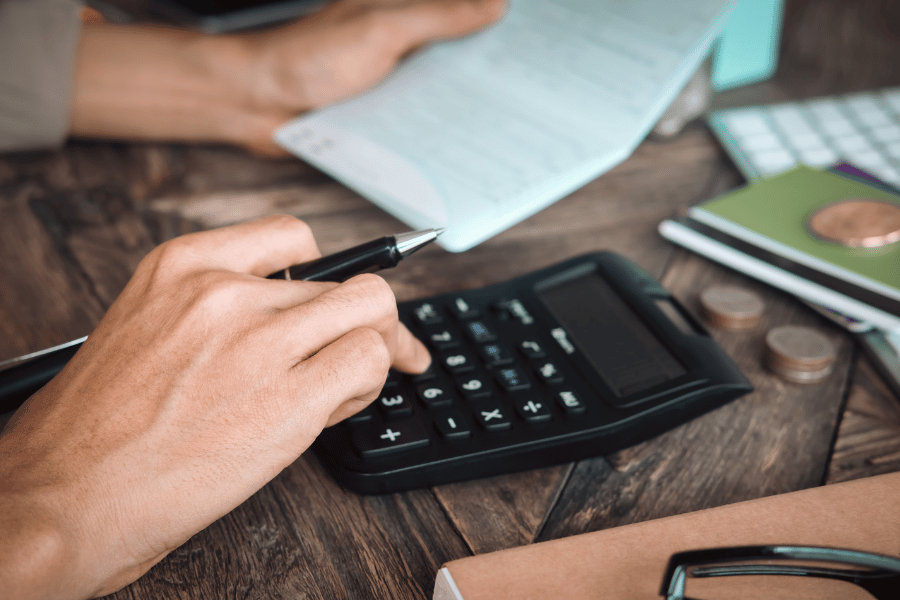
3. Remodeling Your Home
Home renovations and remodeling are also among the most common reasons for taking out a home equity loan. Using a home equity loan to improve the home is one of the most financially savvy options. Financing home improvements can be extremely costly, both financially and mentally, and while there are many DIY projects, not everything can be done without a professional.
Keep in mind that home improvements take time, and seeing the appreciation may take even longer. Since home equity loans are lump sum payments, it is essential to know how much the improvements will cost.
Whether or not you should use a home equity loan to fund a remodel depends on whether the project will add to your home value. If the addition won't increase your home's value, then it may not be smart to use this type of loan.
Here is a list of the best home improvements that will add value to your home:
- Finished basement
- Converting the attic
- Remodel the kitchen
- Add a porch, patio, or deck
- Improve Energy Efficiency
- Energy-Efficient appliances

4. Buying an Investment Property
Buying an investment property using a home equity loan is another financially savvy way to use the loan. However, financing an investment property or vacation home can be daunting.
Since the home will not be your primary residence, you have to be eligible for a second home mortgage. This type of mortgage has different requirements than those for a primary home. If it is an investment property that you are planning to rent out, you'll also need to consider the location. Location has the largest impact on home values, thanks to the effect the location has on the desirability of a home.
Some homeowners use the equity in their home to make a larger down payment on the second property because they do not have the capital upfront.
Keep in mind that you will need to pay monthly mortgage payments and other expenses with a second home just as you would for your primary residence. These expenses can include homeowners insurance, property management, home furnishings, a security system, and house cleaning.
If you are considering buying an investment property, Raleigh, NC, has several up-and-coming areas to look into. Here are the top areas in Raleigh to buy an investment property:
- Cameron Park
- Glenwood
- Mordecai
- Cameron Village
- Brier Creek
- Five Points

5. Investing In Yourself
Investing in yourself by using home equity loans can mean several different things. For example, you can use this type of loan to pay off college or take care of your child's college costs.
Keep in mind that this isn't a good idea if the mortgage rates are higher than student loan rates. Also, remember that home equity loans do not offer special repayment assistance. This means that if you can't pay off the loan, you cannot qualify for federal student loan debt relief.
You can also use a home equity loan when starting a new business. It can be difficult to gain the capital to fund your dreams of being a business owner. This is where a home equity loan can help.
New business owners can gain capital with a home equity loan without paying high interest rates. Typically, it can be hard to obtain a business loan as a brand-new business owner because you haven't established a business history. This type of loan can be used to fill in financial gaps and cover various expenses such as equipment, security deposits for a building, or marketing.
Finally, if your career requires continuing education and your job won't fund schooling, a home equity loan can help you cover the costs. This may increase your chances of getting a promotion or a better job in the future.
If you can invest in yourself through schooling or opening a business, you'll have a better chance of making more money. Maximize the benefits of investing in yourself after you have paid off the home equity loan.

Methodology
We used information and data from several different sources, as well as our own data, to determine everything you need to know about home equity and how to use it. Most of the data was sourced from the following sources:
- CBS News
FAQ: Understanding Home Equity
Here are some commonly asked questions about using home equity.
Do you pay back home equity?
A homeowner would make fixed monthly payments until the home equity loan is paid off. The majority range from five to 20 years; however, you can take as long as 30 years to pay back a home equity loan.
What is the downside of a home equity loan?
The main downside of a home equity loan is the higher interest rates. This means that you may pay more interest over the life of the loan, and failure to make an on-time monthly payment will damage or lower your credit score.
How much does a $100,000 home equity loan cost?
According to CBS News, if you took out a 10-year, $100,000 home equity loan at a rate of 8.75%, you will likely pay slightly over $1,253 per month for the next ten years. The majority of home equity loans have fixed rates. Therefore, your rate and payment would remain about the same for the whole term of your loan.
What disqualifies you from getting a home equity loan?
If the value of your home has not increased significantly or if you haven't paid off a large portion of your mortgage, you may not be eligible for a home equity loan. Most lenders typically require that you have at least 15% to 20% equity remaining in your home after considering the new loan amount.
When not to use a home equity loan?
Most home equity loans are used to finance home improvements or consolidate debt at a low interest rate. You should not use a home equity loan to pay for a vacation, everyday expenses, a new car, or investments.
Understanding Home Equity - The Bottom Line
Having equity in your home and reaching the lender's requirements are only part of the equation. You must evaluate the reason for getting the loan to know if it is worth putting your home on the line.
Just like any big decision, there are bad investments to use a home equity loan for, such as buying a car, funding a wedding, or shopping. Be smart about how you use the loan similar to how you would with your money in the first place.
A home equity loan is used to help you achieve your financial goals. Keep in mind that you should only borrow what you can afford so the loan doesn't strain your budget or, even worse, you lose your home. Before you do anything, ensure the reason you are getting the loan will pay off in the long run so you aren't wasting your money.
If you are considering buying a new home, we recommend exploring the Raleigh area in North Carolina. Whether you're interested in Raleigh or not, feel free to contact one of our helpful real estate specialists, as they are eager to help you find the perfect home. We know that buying a home can be overwhelming, but a real estate agent can walk you through the entire process.
